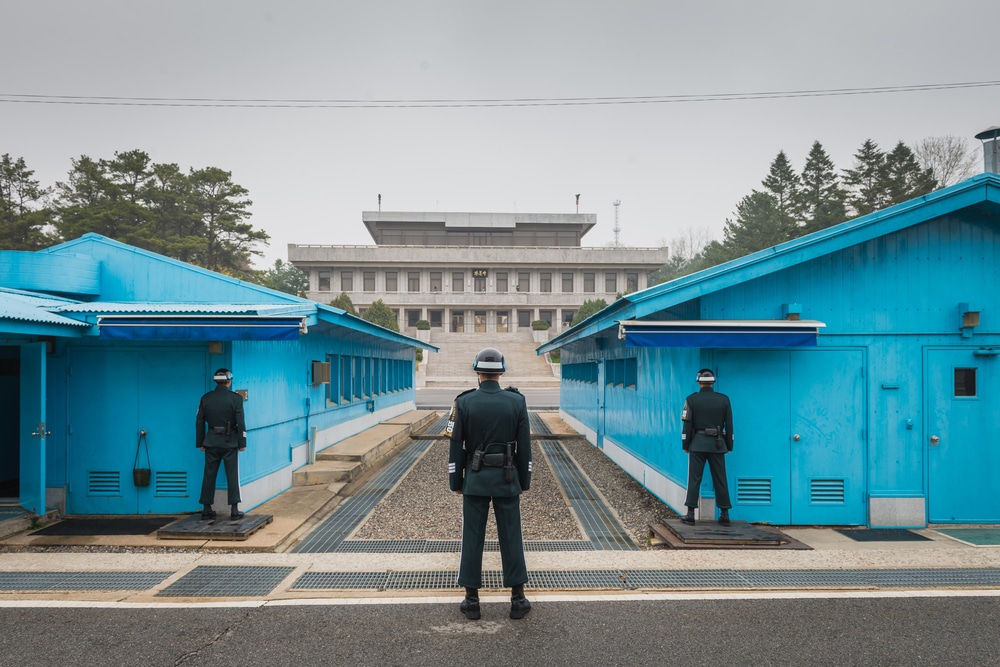A senior official at South Korea’s Defense Intelligence Command has been arrested and indicted for allegedly leaking classified information, including the identities of undercover agents, to a suspected Chinese intelligence operative. The 49-year-old official, whose name has not been disclosed, reportedly admitted to working for Chinese intelligence since 2017 in exchange for cash payments.
Military prosecutors revealed that the official was recruited by Chinese intelligence during a visit to Yanji, a city in China’s Jilin Province, in 2017. The suspect claimed he was detained at the Yanji airport and coerced into cooperating with Chinese agents under the threat of harm to his family. While he initially denied leaking military secrets, he eventually confessed to his involvement, stating that he began selling classified information in 2017.
The suspect has been charged with bribery, aiding the enemy, and violating South Korea’s Military Secrets Protection Act. According to military prosecutors, he leaked sensitive data, including a list of undercover South Korean agents operating in China, Russia, and other countries, approximately 30 times since 2019. The leaked information was sent via documents and voice messages, often uploaded to a Chinese cloud server using various accounts to avoid detection. Total payments traced to the suspect amount to 160 million won (approximately $120,000).
The leak, uncovered in June 2024, has prompted South Korea’s Defense Intelligence Command to recall its undercover agents from overseas. The breach is particularly troubling as it comes at a time when South Korea is expanding its military intelligence-sharing efforts with the United States and Japan to counter threats from North Korea and China. The U.S. and South Korea rely heavily on combined intelligence resources, including satellite, cyber, and human intelligence, to monitor North Korean activities.
Despite the severity of the leaked information, the suspect has not been charged with treason or espionage, as these charges are typically reserved for actions directly aiding North Korea. However, there is concern that the leaked information may have indirectly benefited North Korean intelligence, as the suspect’s Chinese handler could potentially have ties to the Reconnaissance General Bureau, North Korea’s primary intelligence agency.
The case has sparked renewed debate in South Korea over the need to strengthen counter-espionage laws. Currently, the Espionage Act applies primarily to activities involving North Korea, and some lawmakers argue that the scope of the law should be expanded to cover leaks to other countries as well.
Expanded Coverage:






